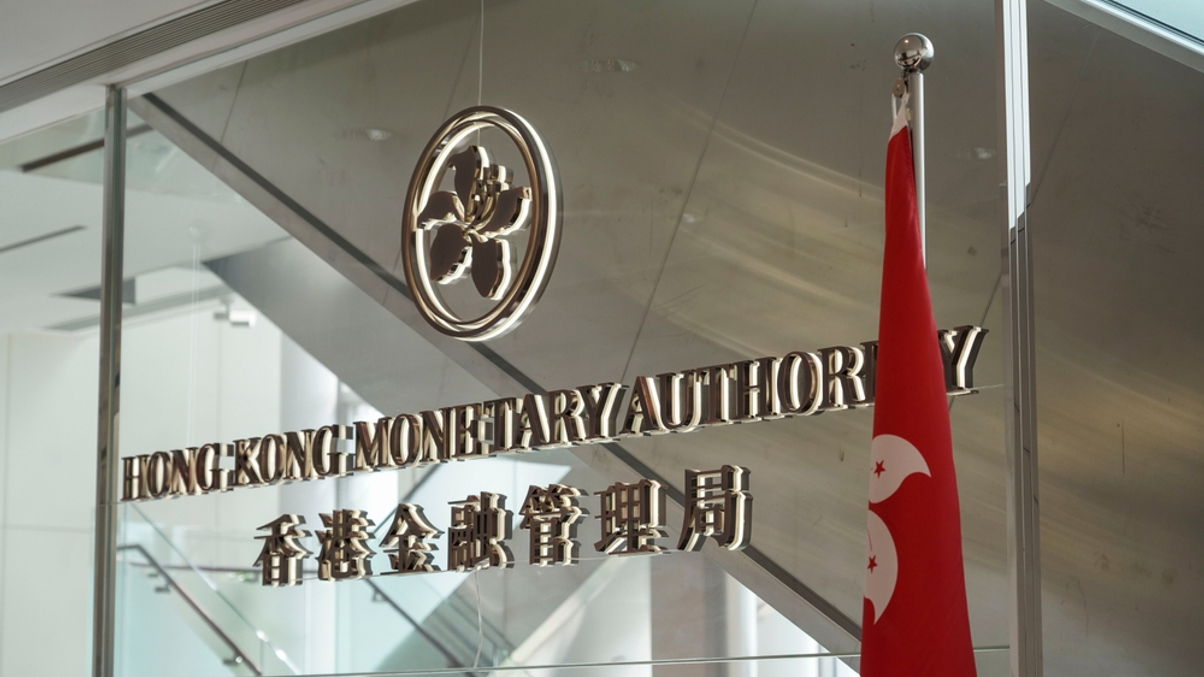HKMA Exchange Fund: How it selects external managers
Hong Kong's de facto central bank engages different external asset managers to help manage various asset classes from time to time. Here’s a look at how it selects external investment managers for its Exchange Fund.

The Hong Kong Monetary Authority’s HK$4 trillion ($512 billion) Exchange Fund is one of the biggest asset owners in the city.
Sign in to read on!
Registered users get 2 free articles in 30 days.
Subscribers have full unlimited access to AsianInvestor
Not signed up? New users get 2 free articles per month, plus a 7-day unlimited free trial.
¬ Haymarket Media Limited. All rights reserved.


